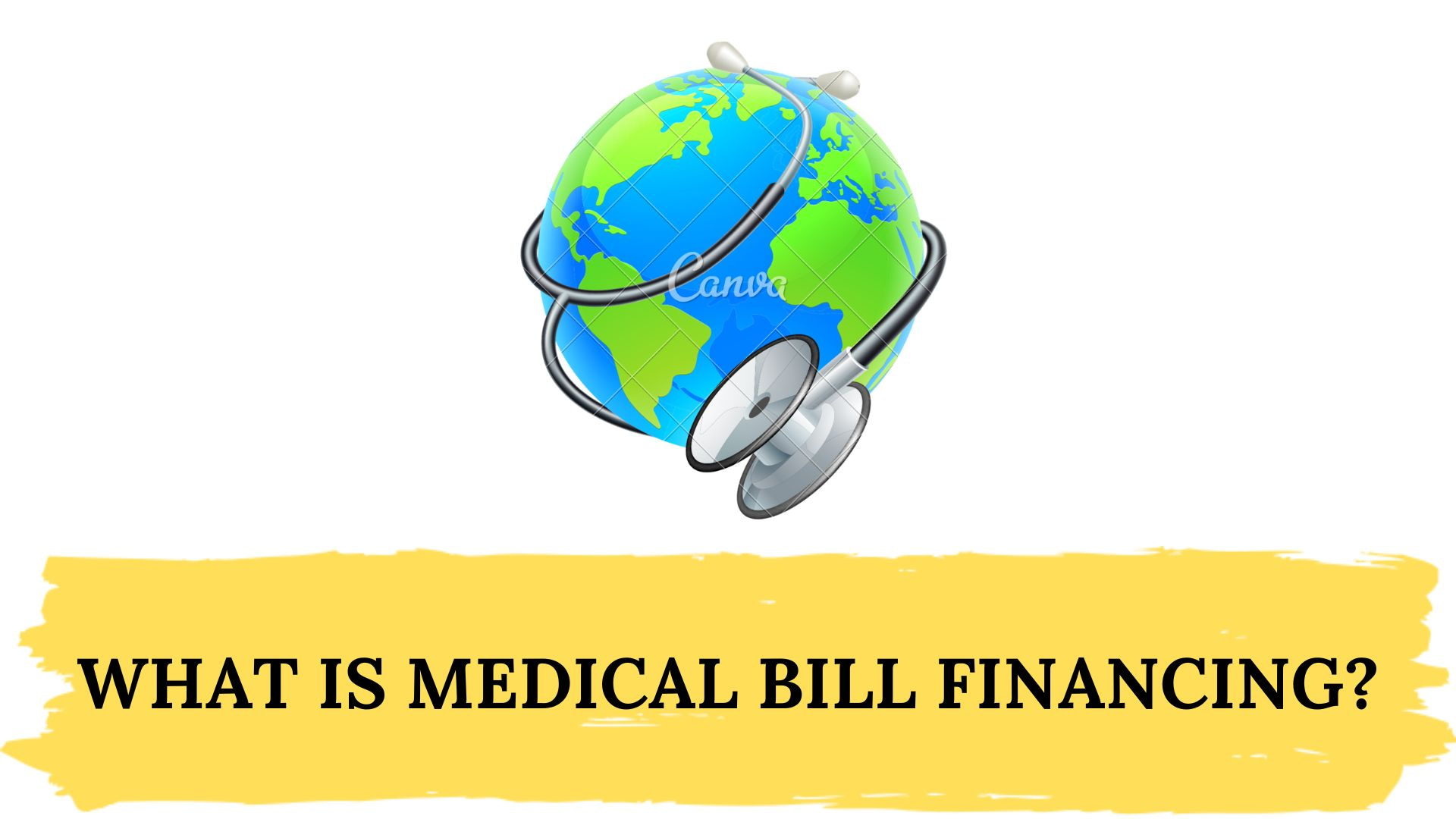In the present world, quality healthcare is of great importance in keeping healthy and taking care of medical needs. However, costs related to medical treatment have gone up such that they pose financial challenges to individuals and families most of the time.
This acts as a lifeline for persons with unexpected health care expenses where they are given different ways through which they can manage and pay for their medical care.
In this complete guide we shall look at what entails medical bill financing including types available, eligibility criteria, application processes as well as strategies for effective debt management.
Introduction to Medical Bill Financing
Medical bill financing refers to a range of financial solutions that people can use when paying for medical treatment or services provided by hospitals/doctors etc…
Whether it is an unforeseen emergency or elective procedure planning, these kinds of bills give flexibility and support towards managing health care costs.
These options ensure that you are able to focus on your wellness without having any undue pressure from paying too much money out-of-pocket at once because they provide money upfront.
Types of Medical Bill Financing
Personal Loans For Medical Bills:
Overview: Personal loans provide borrowers with funds which must be repaid over time (in installments).
Pros: No collateral needed; easy access; flexible repayment terms; low interest rates may apply if borrower has good credit score history;
Cons: Higher rates could apply when dealing with borrowers who have lower credit scores; may negatively affect consumer’s credit history when not repaid according to agreed upon terms
Medical Credit Cards:
Overview: These cards are designed specifically for covering healthcare costs and often come with promotional financing options (eg. 0% APR for 12 months) & rewards programs based on spending level)
Pros: Promotional financing options available for certain periods; specialized – can only be used at healthcare providers’ offices;
Cons: High interest rates after promotional period expires (~25%); limited acceptance compared to regular credit cards (can only be used at healthcare facilities);
Medical Bill Consolidation Loans:
Overview: This type of loan helps in merging different medical bills into one debt instrument with fixed interest rate.
Pros: Easier to manage due date; lower rates;
Cons: Longer payback periods required for best terms; higher amounts can cause longer repayment timeframes
Financing Programs Offered By Healthcare Providers:
Overview: Some providers offer payment plans or loans designed specifically for covering certain types of medical services/procedures (eg dental work, elective surgeries).
Pros: Tailored specifically towards individual’s needs related to specific health issues addressed by provider organization; may provide discounts/offers not available elsewhere;
Cons: May not cover all necessary expenses (eg cosmetic surgery); availability varies widely among providers
Factors Considered: Credit score, income level, employment status, and debt-to-income ratio.
Pointers: Keep up a good credit score, prove stable income, and show repayment capability.
Application Process for Financing Medical Bills
Usually, the application process for financing medical bills goes through the following steps:
Research and Compare: Look into different financial options and lenders to see which one suits you best.
Collect Documents: Ready all required documents such as income proof, identification, and medical bills.
Submit Application: Fill out the application form correctly and submit it along with necessary documents.
Wait for Approval: Lender will assess your application based on creditworthiness and financial health before making any decision.
Receive funds: If approved, money is released either directly to you or healthcare provider covering the bill.
Effectively Managing Medical Debt
To achieve financial stability effectively manage medical debt:
Budgeting: Create a budget that prioritizes medical expenses and allocates funds accordingly.
Negotiation: Negotiate with healthcare providers for discounts on payment plans to make them easier to handle.
Seek Assistance: Explore programs of financial assistance; relief options for debts or counseling services that can offer additional help.
FAQs
What is medical bill financing and why is it needed?
Definition of medical bill financing its importance in catering for healthcare costs.
What are the different types of medical bill financing options available?
An overview of personal loans; medical credit cards; consolidation loans; financing programs offered by healthcare providers.
How do personal loans work for medical bills?
Understanding personal loans as a means of funding treatment including advantages; disadvantages (cons); eligibility requirements etcetera.
What are medical credit cards and how do they differ from traditional credit cards?
Explanation about what differs between traditional credit cards from those designed specifically for paying health related charges i.e., benefits; drawbacks etcetera before applying thereof .
What are some benefits associated with having consolidated into single loan for ease manageability and potential cost savings?
Advantages of consolidating medical bills into one loan being easier management and cost saving.
Can healthcare providers offer financing options for medical bills?
Payment plans; discounts, and financial assistance offered by health care institutions among other things that may help patients clear their debts with such establishments.
What are the eligibility criteria for medical bill financing?
Some factors taken into account when considering whether someone qualifies to borrow money meant offsetting hospital costs like credit rating; level of income earned annually or monthly etcetera.
How do I apply for medical bill financing?
Step by step guide on how you can go about applying for loans given towards settling hospital expenses plus approval stages involved.
How can I effectively manage my medical debt?
Various strategies which an individual can use in managing his/her hospital related loan better including budgeting; negotiating lower payments with hospitals themselves as well as seeking professional advice from debt counselors among others.
Are there any options available if someone has bad credit score but still wants to finance their treatments through borrowing?
Different ways people who are not favored by banks due poor ratings can use get loans that will enable them pay off clinics where they sought treatment earlier than expected.
Conclusion
Medical billing loans provide a lifeline to people caught up in the middle of paying hefty health care charges.
By familiarizing themselves with different types loaning schemes, requirements needed during application process as well ways managing debts properly; individuals will be able navigate through this complicated field without any fear.
Whether it’s personal loans or credit cards specifically designed for covering up clinic bills, either of these methods empowers individuals take control over their own bodies while at same time ensuring they remain financially stable even after meeting all these costs.
Therefore, armed with knowledge based decisions coupled prudent financial planning one is capable overcoming sicknesses which might come along way thereby focusing more on one’s full recovery rather than worrying too much about how meet expensive doctor fees also other related expenditures.




